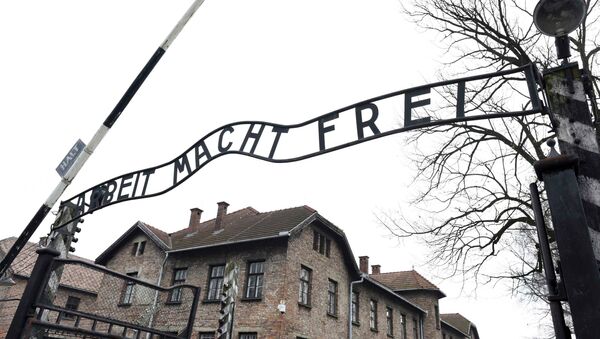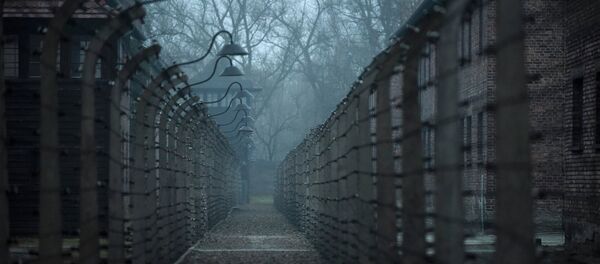A judge in Neubrandenburg, northeast Germany, decided that Hubert Zafke was "not in a state" to stand trial.
Zafke, a former orderly, had been charged for being complicit in the death of at least 3,681 people in the Nazi extermination camp.
While he has admitted to have worked in Auschwitz, Zafke denies to have had any knowledge of the mass murder taking place in the camp, let alone playing a role in it.
Prosecutors contend that claim, arguing that Zafke's office was near a path leading to the gas chambers, and that he would have certainly noticed at least the thick smoke coming out of the crematorium's stacks.
Charges against Zafke refer to one month he spent working in the camp between August and September 1944. During this time, fourteen trains had arrived to the camp, carrying over three thousands Jews from Poland, Germany, Slovenia, Greece and the Netherlands.
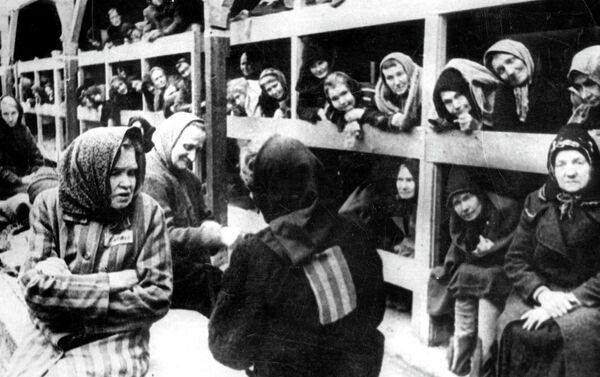
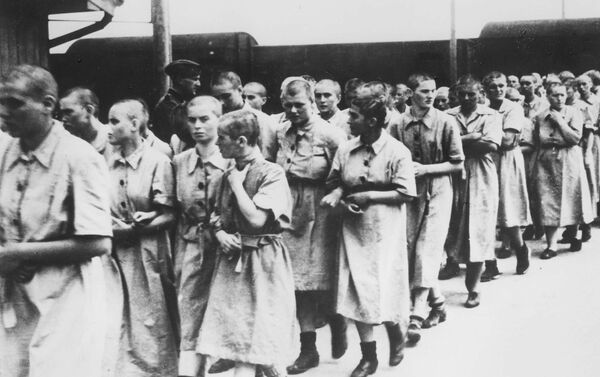
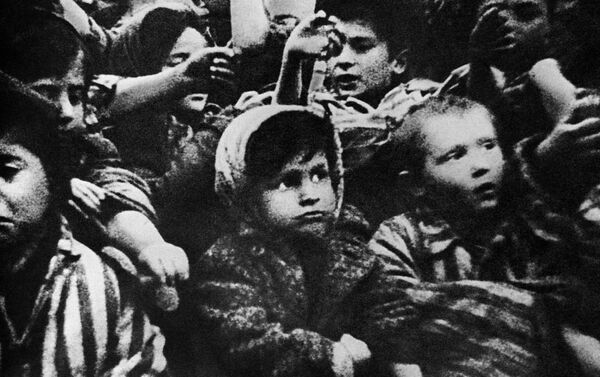
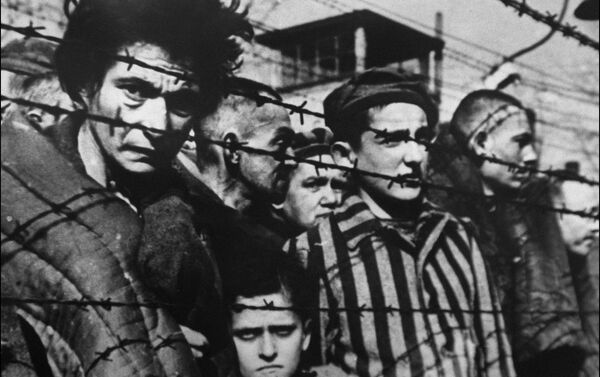
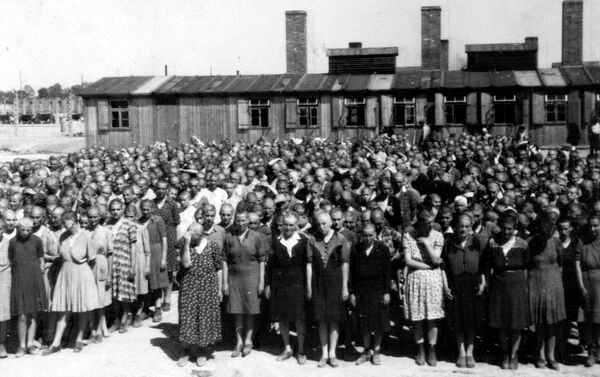
A doctor who examined the defendant opined that he had "suicidal thoughts and was suffering from stress reaction and hypertension" which made it impossible for him to be transported to court or be heard.
The court has established other possible hearing dates on 14 and 30 March.
This is not the first time Zafke is deemed unsuitable for trial: a court had initially ruled against it because he had dementia, although the verdict had been changed following an appeal.
Simply being cogs in the Nazi genocidal machine is now regarded as sufficient basis for prosecution, even if they did not directly take part in mass murder.
A precedent-setting case is John Demjanjuk, once a guard at Sobibor camp, who in 2011 was sentenced for being an accessory to the Holocaust, although there was no evidence of him actually killing anybody.
This is a reversal of the legal rationale employed in all trials of Nazis since Nuremberg in 1945 — previously, a judge could sentence somebody only if there was proof of their active participation in the brutality and killings.
March 17, 2012 — #JohnDemjanjuk, convicted #NaziWarCriminal, dies from natural causes at 91. http://t.co/16gzGO7AwG pic.twitter.com/67CvQmloan
— AccentVirtualService (@AccentVirtual) March 18, 2015
As time goes by, holding former Nazis accountable will become increasingly difficult, as most of them are now in their nineties and reaching the end of their lives.
The growing scarcity of elderly Holocaust survivors and witnesses is also problematic — they are instrumental to trials involving Nazi crimes.
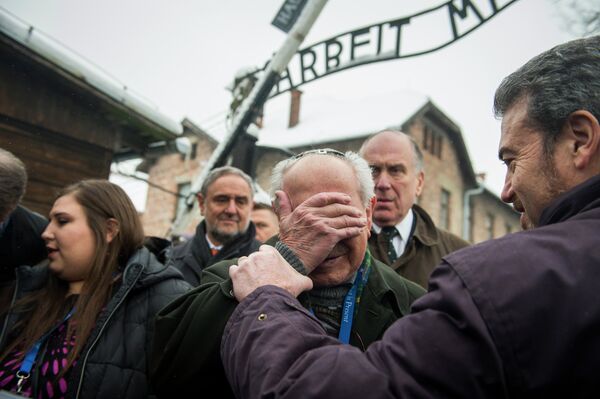
The judge hearing Zafke's cases had initially decided against having Auschwitz survivors speak in court, but reversed the decision following protests.

